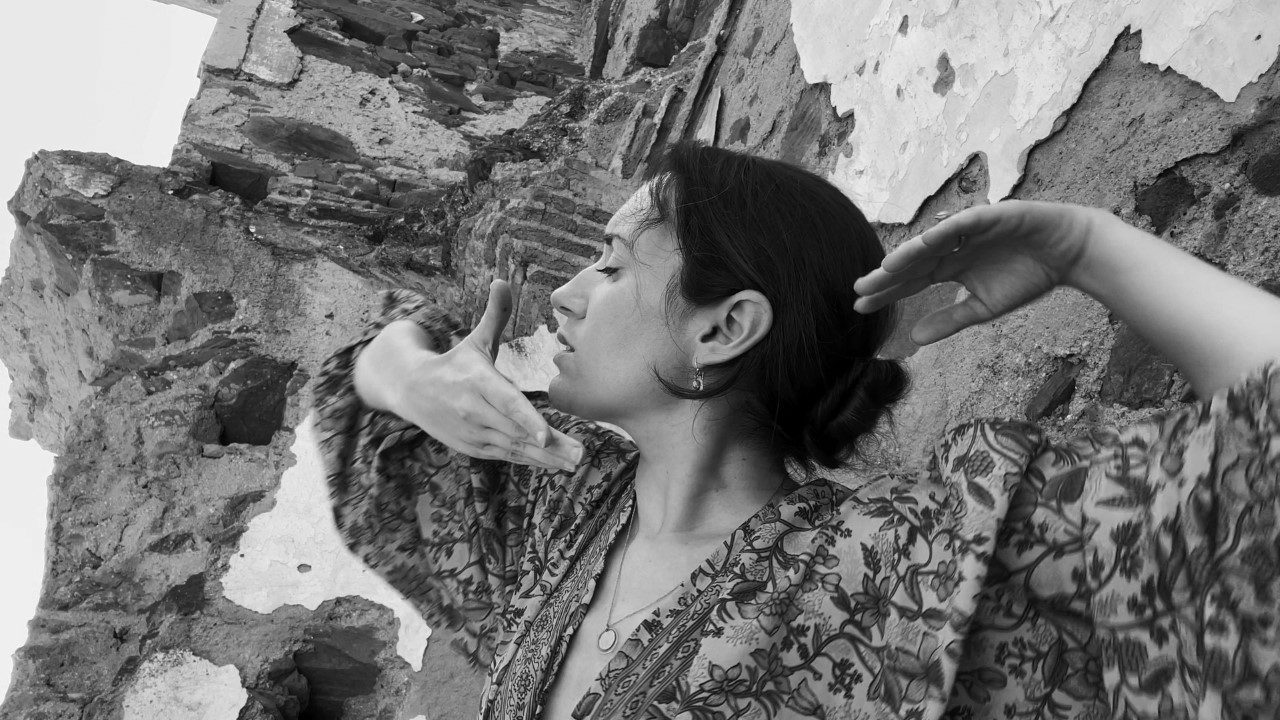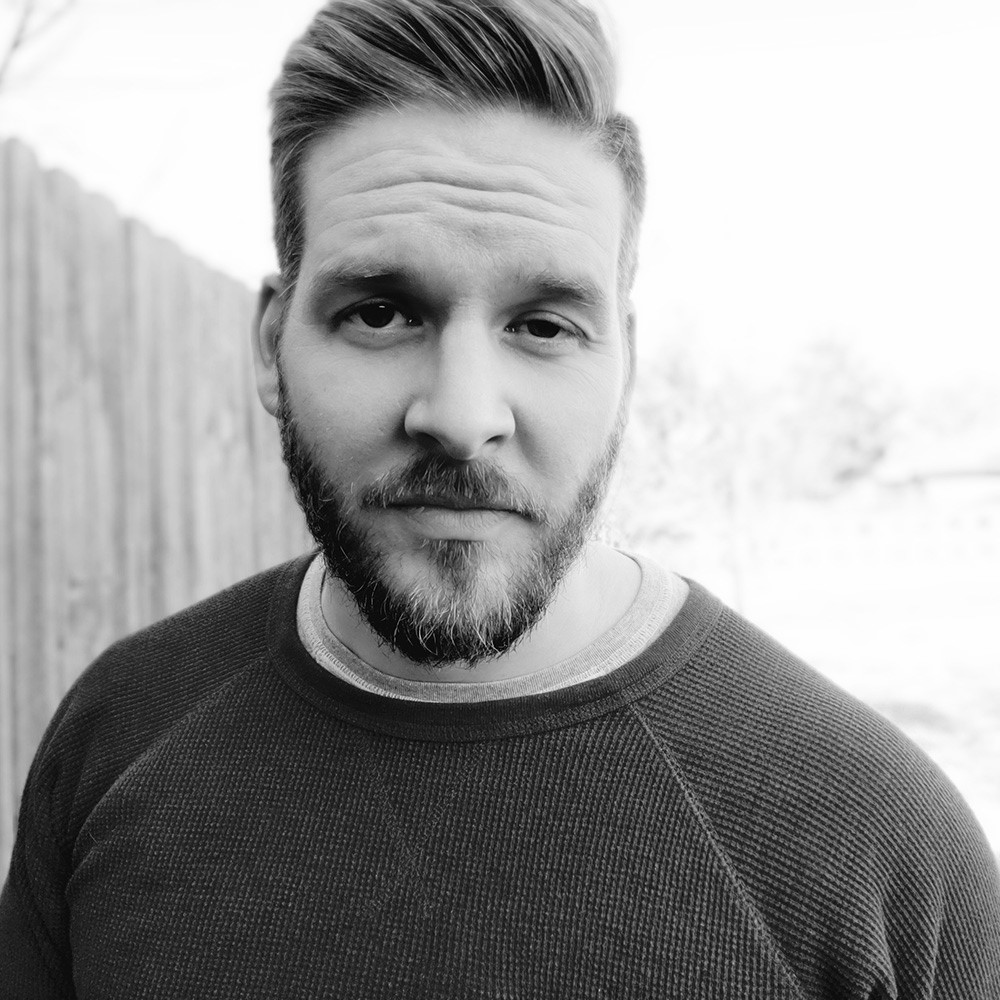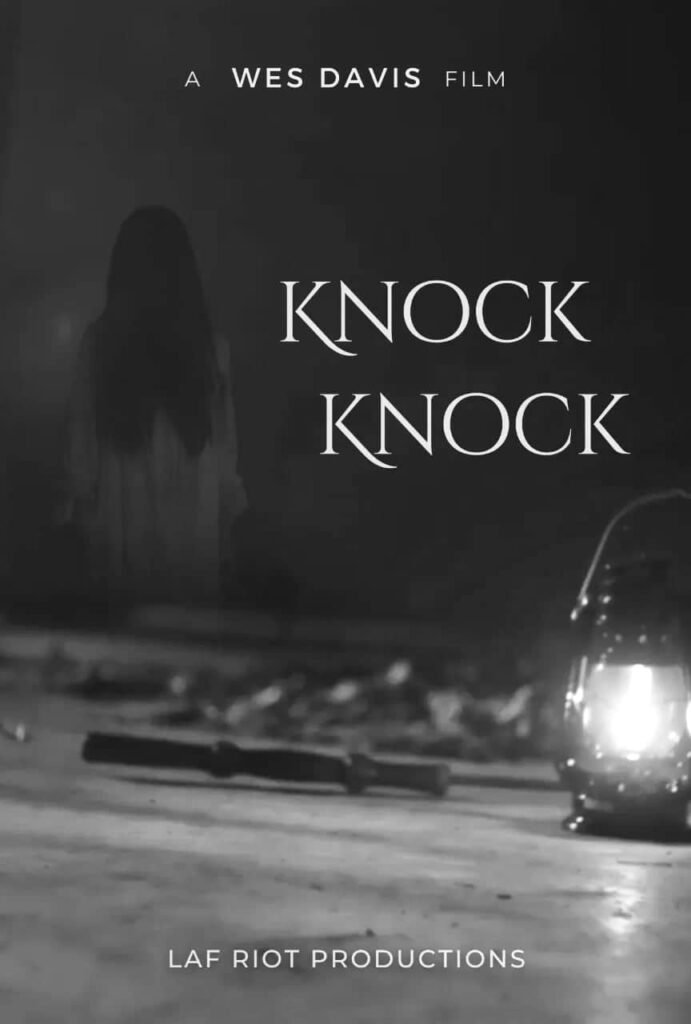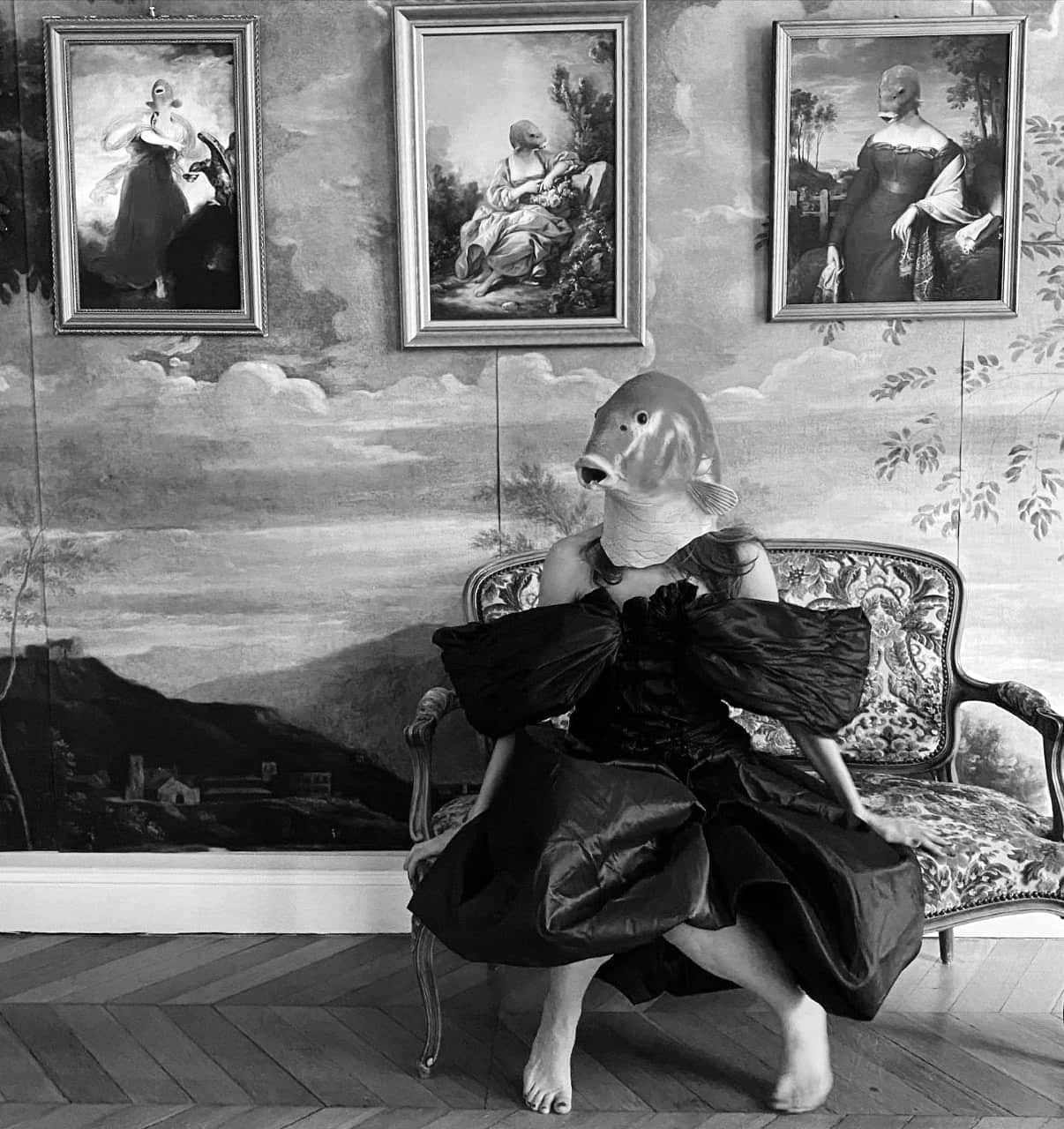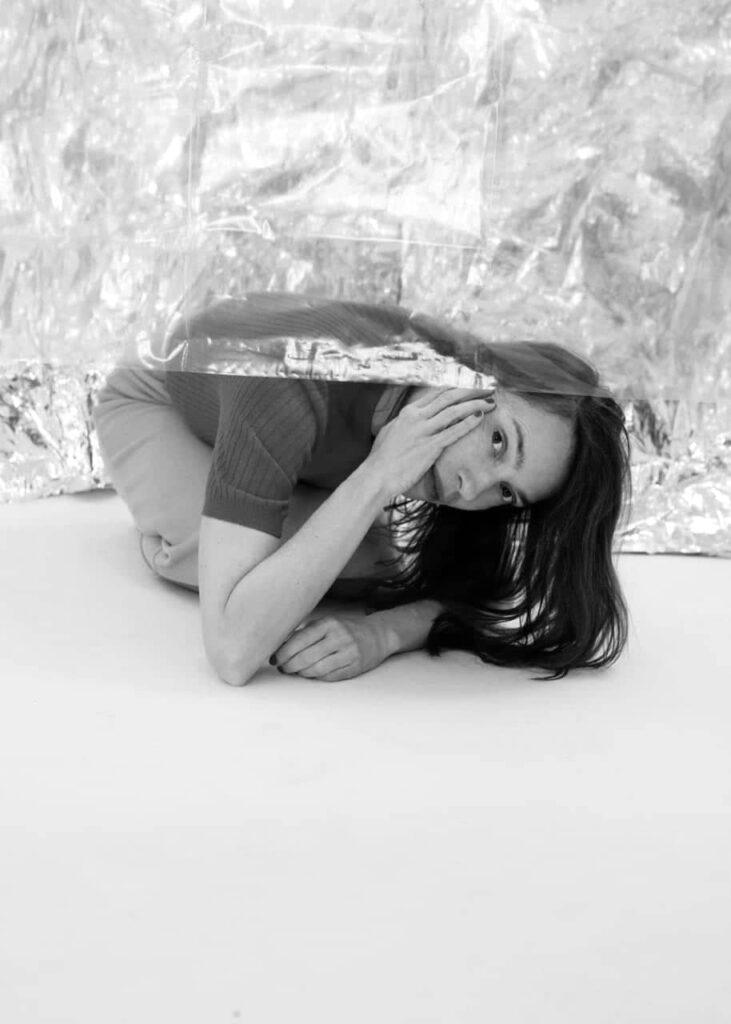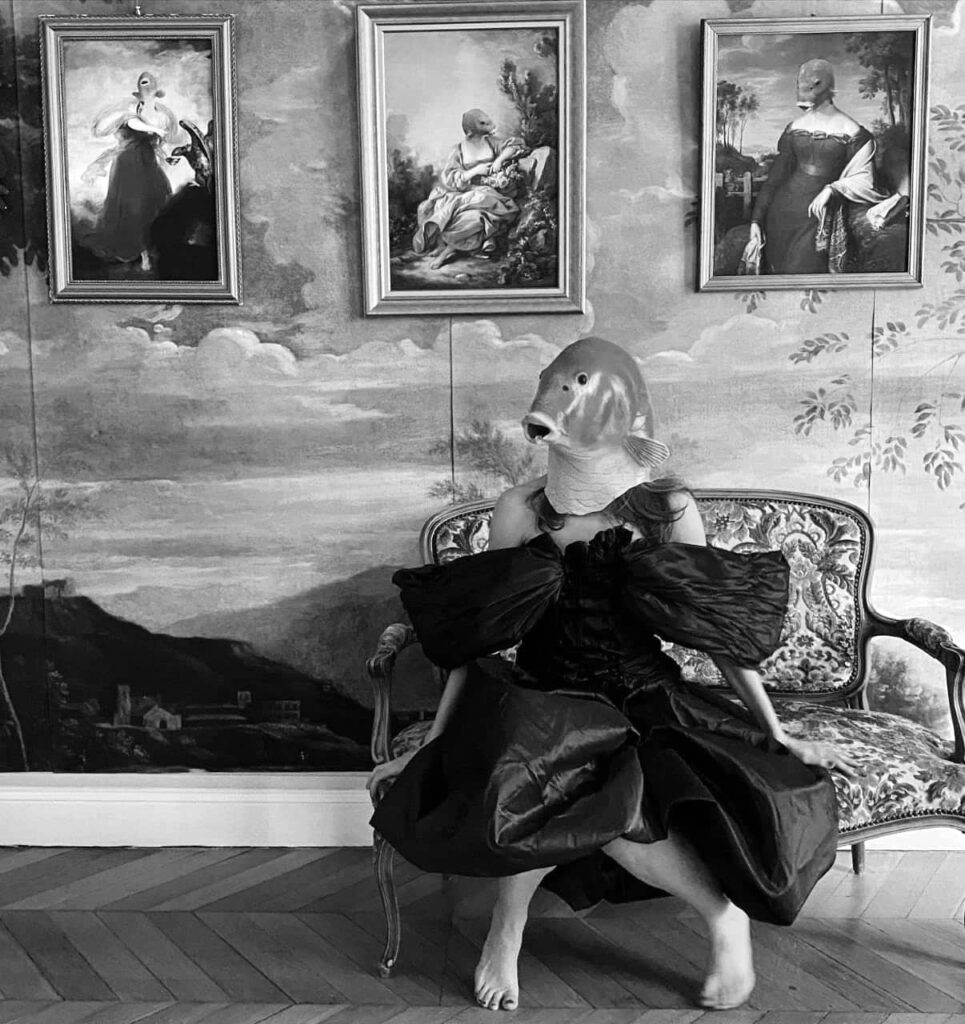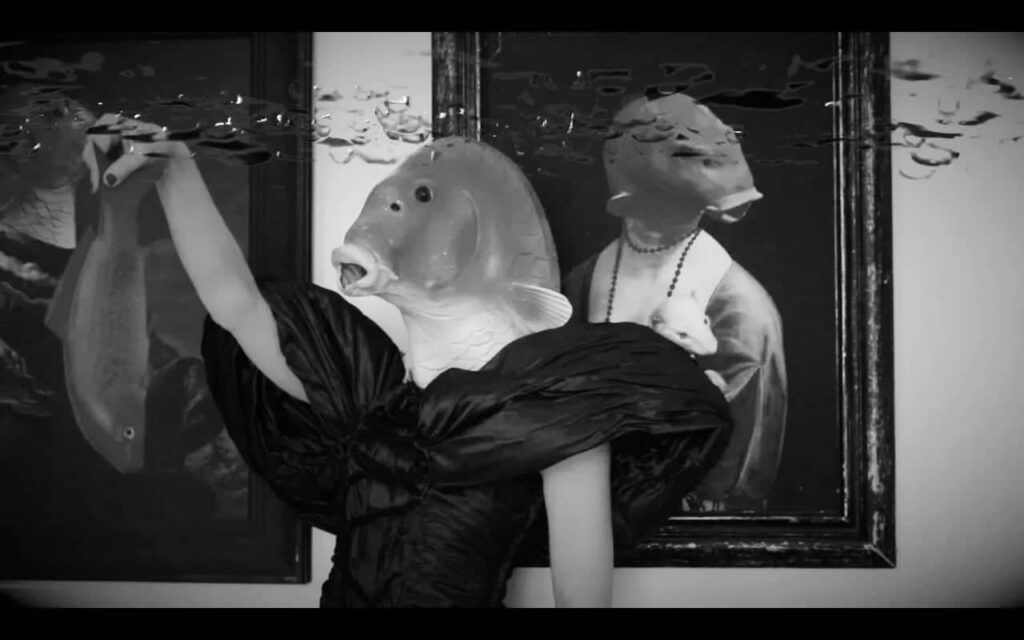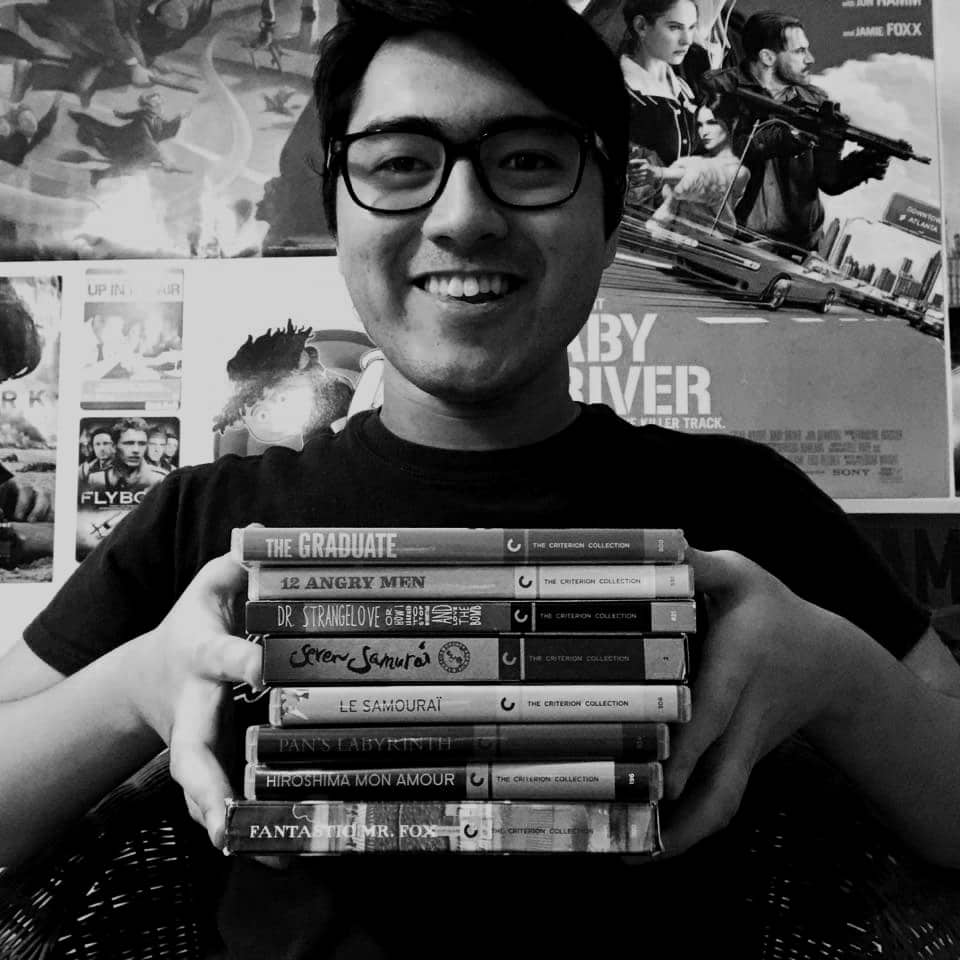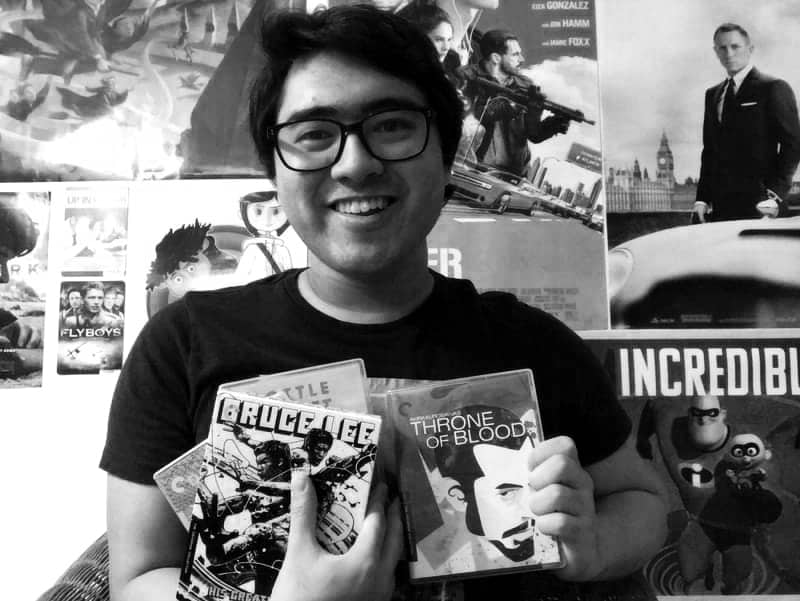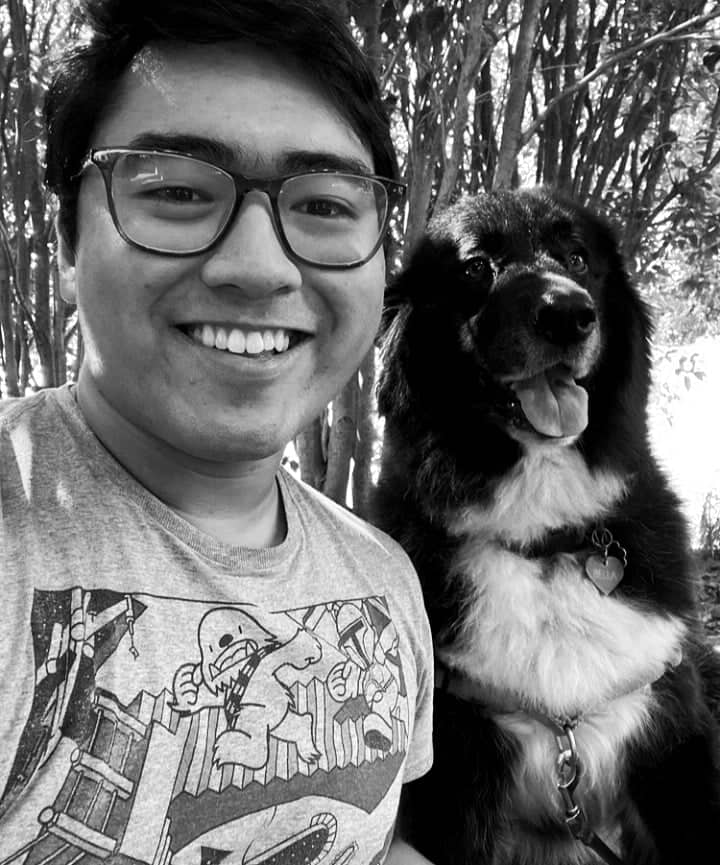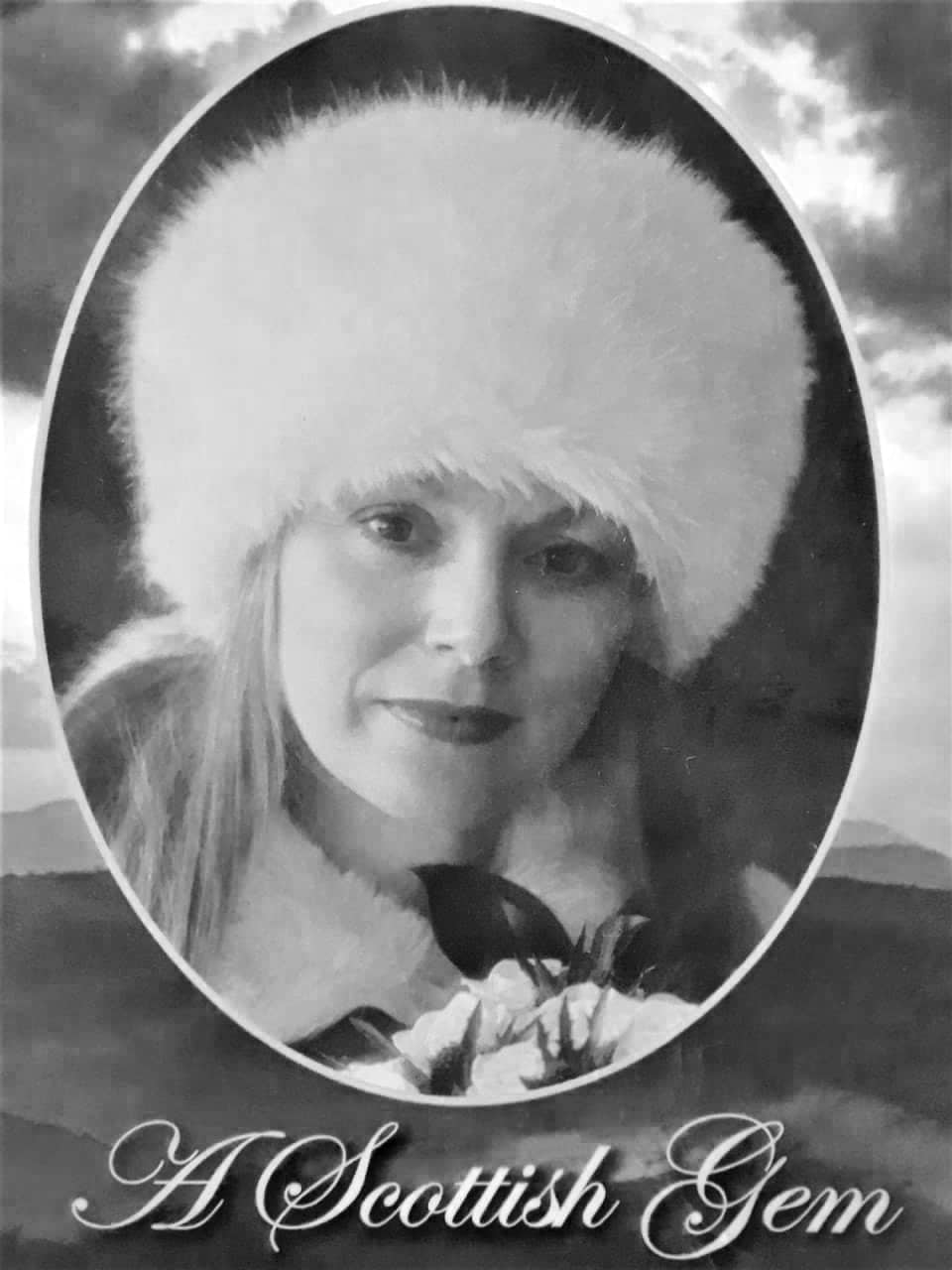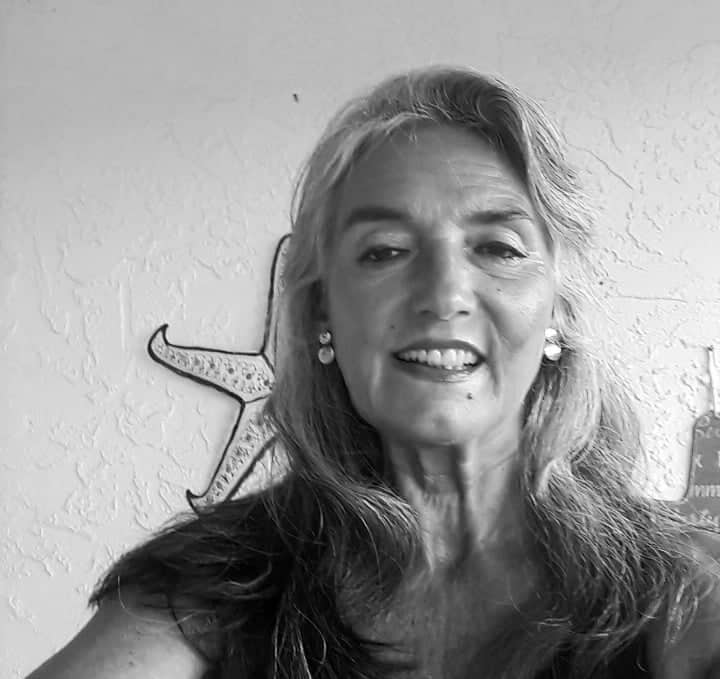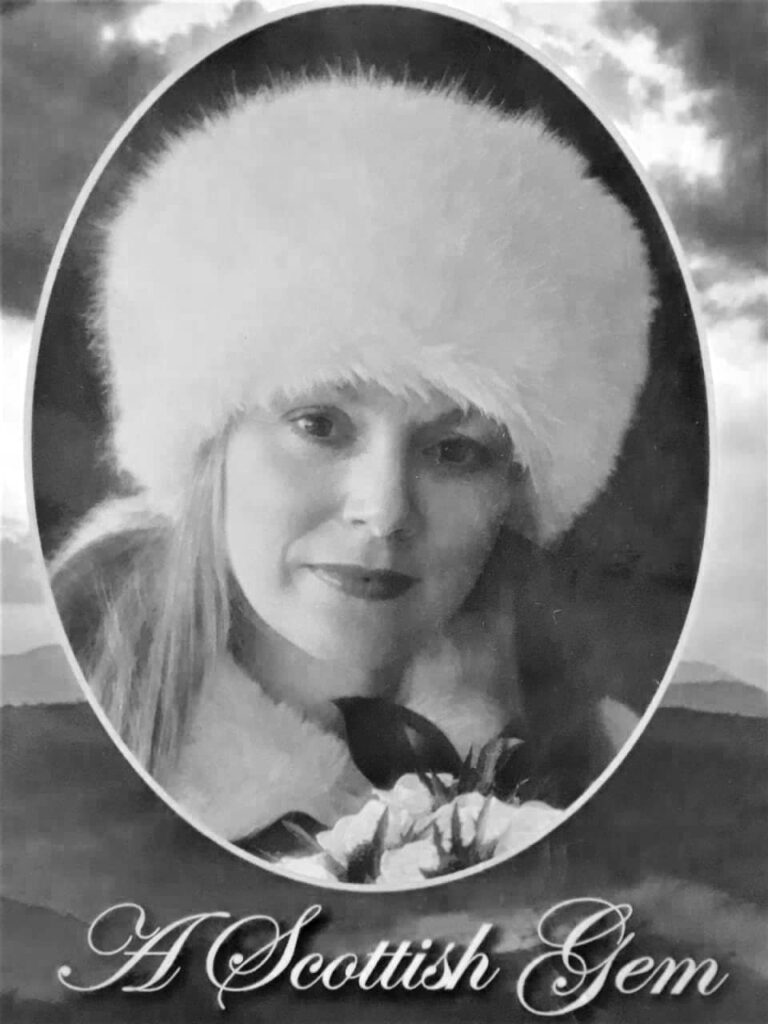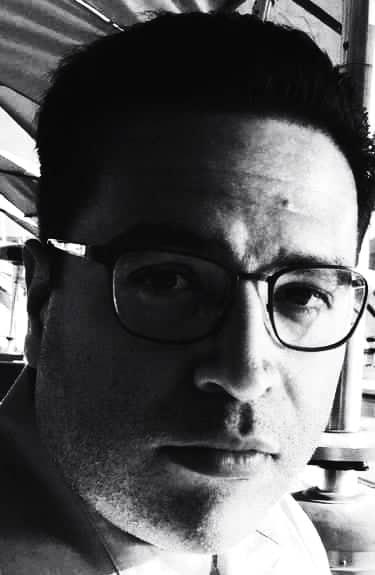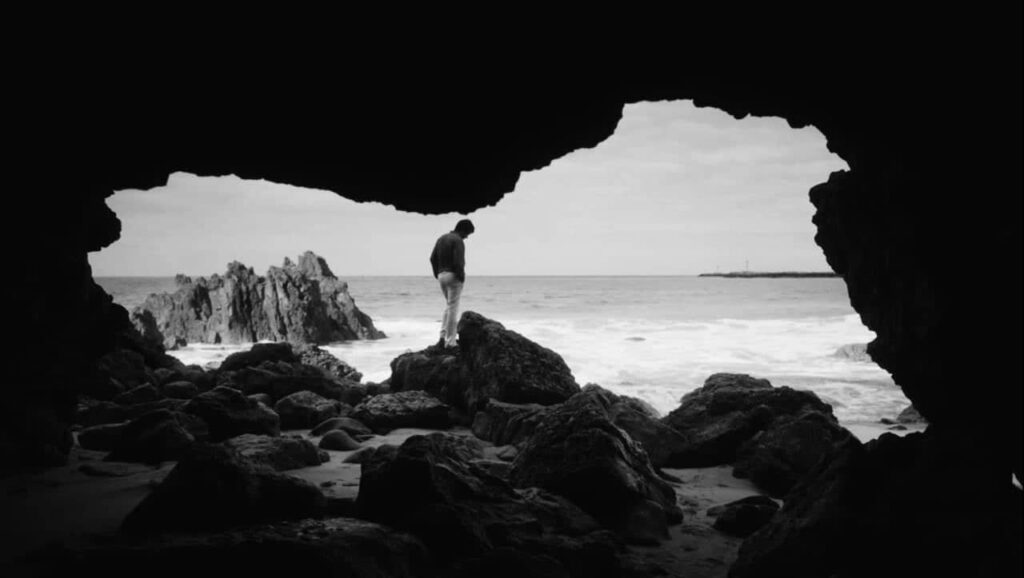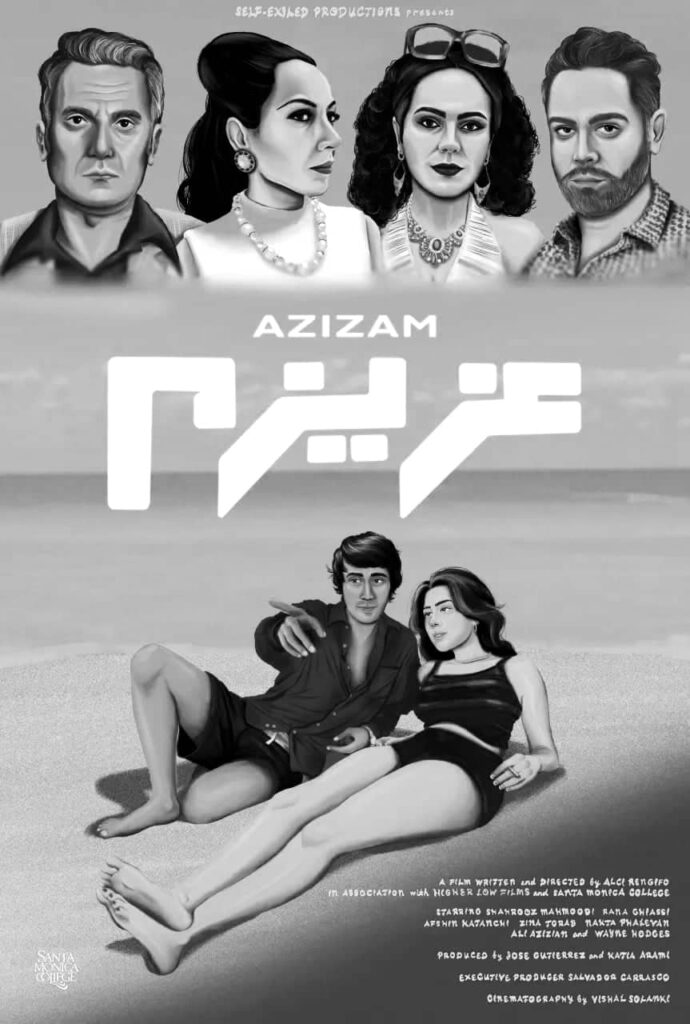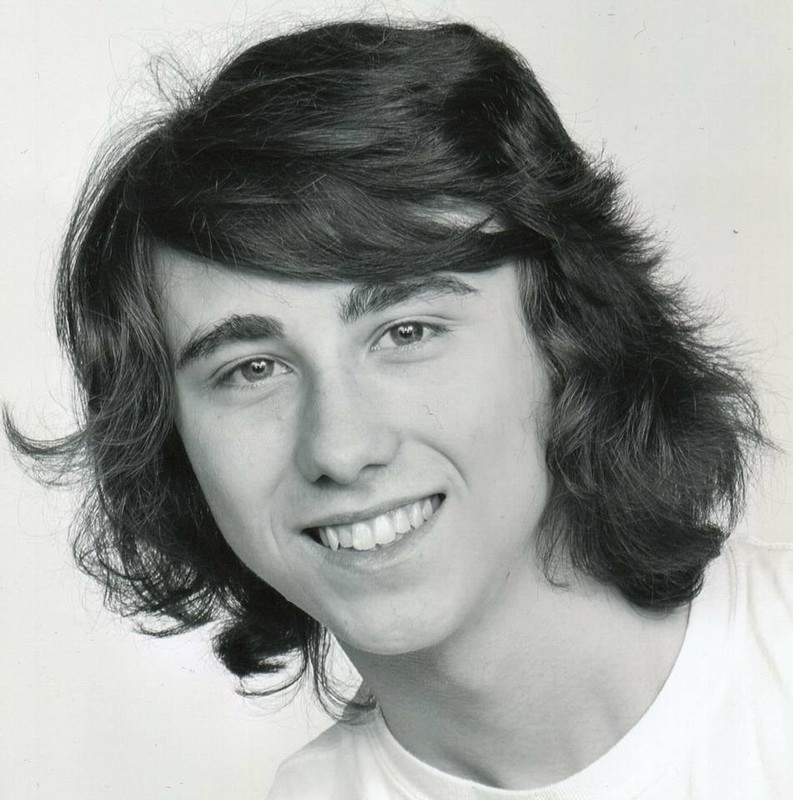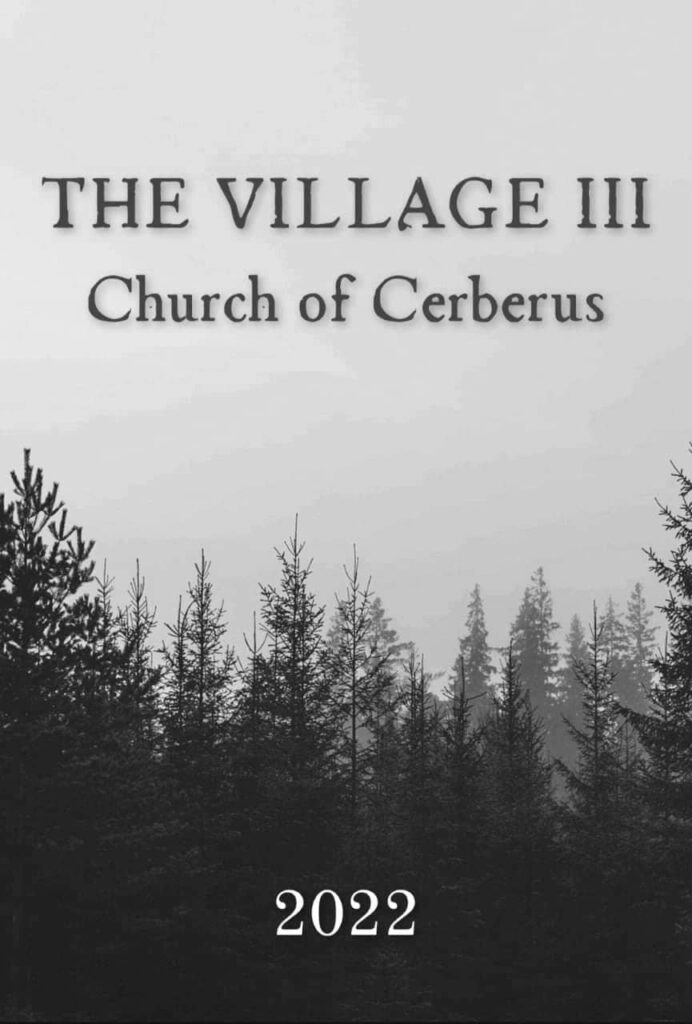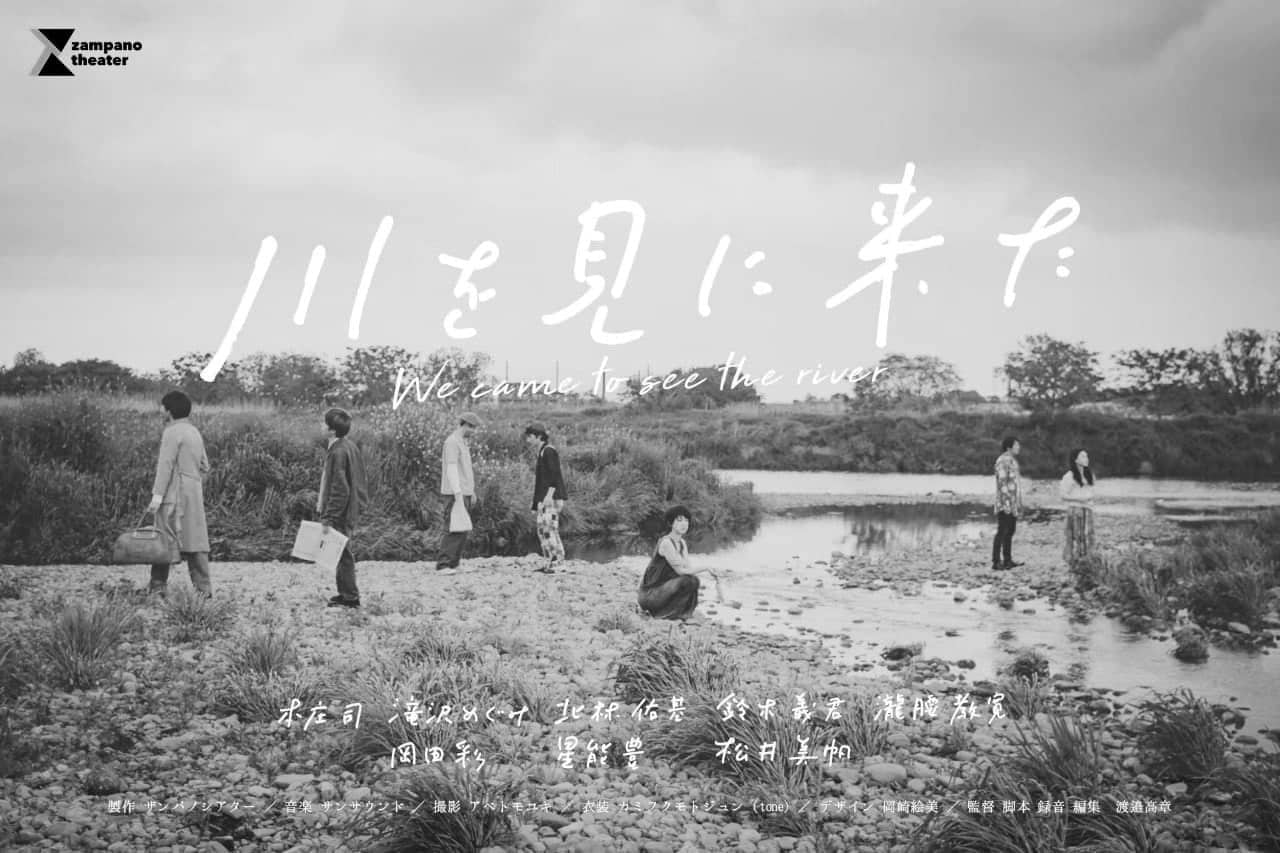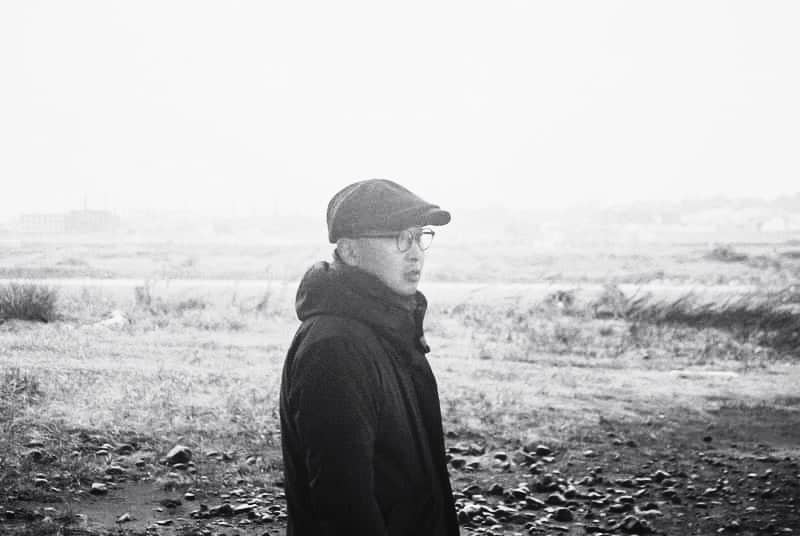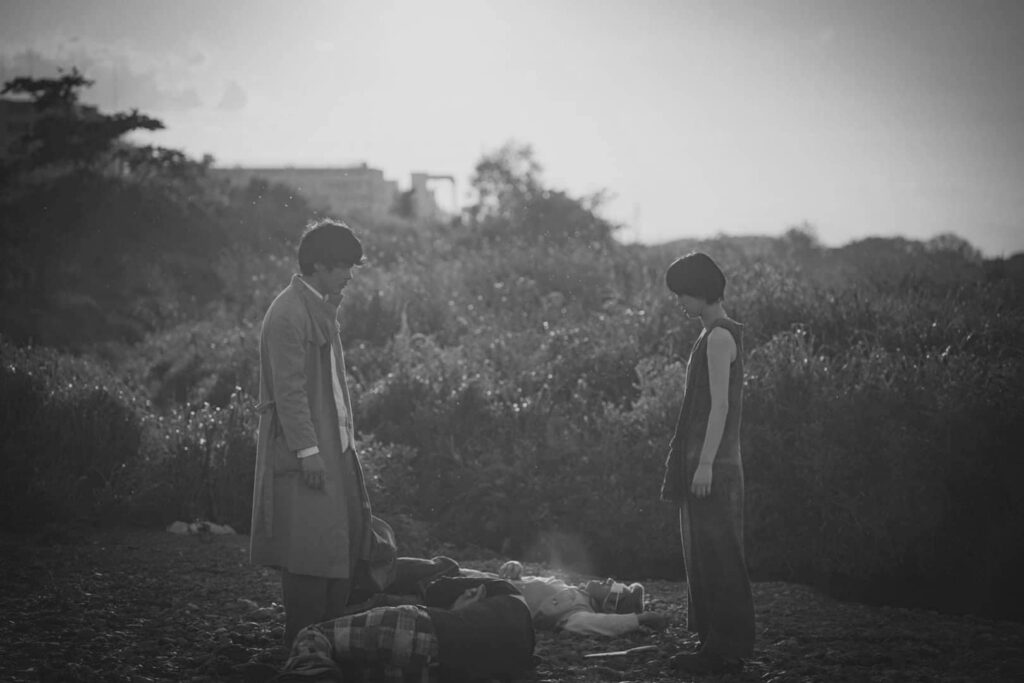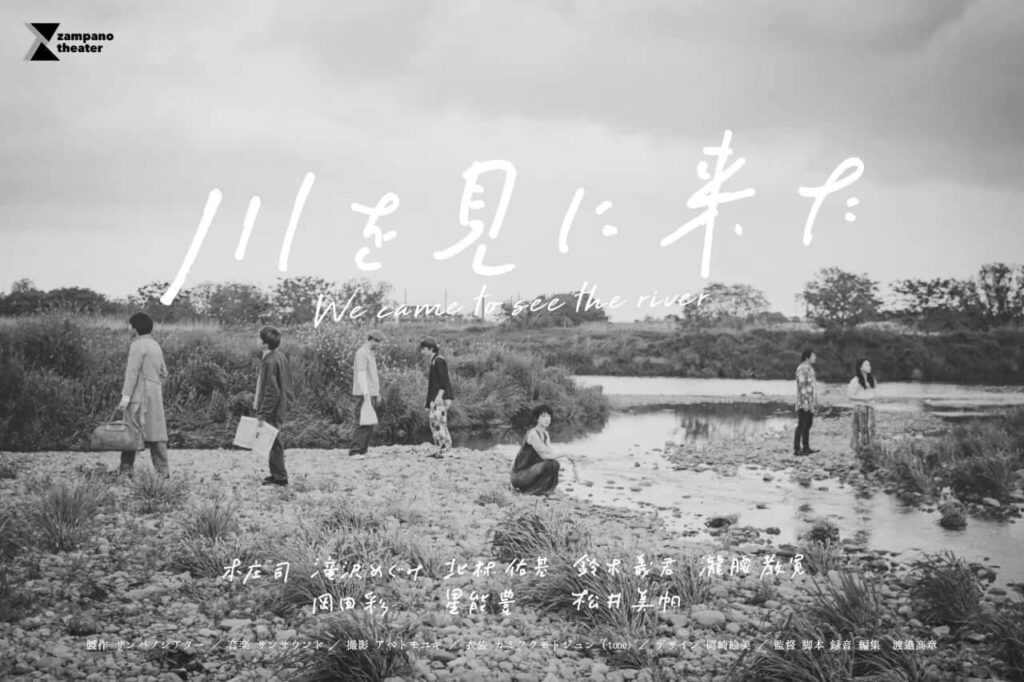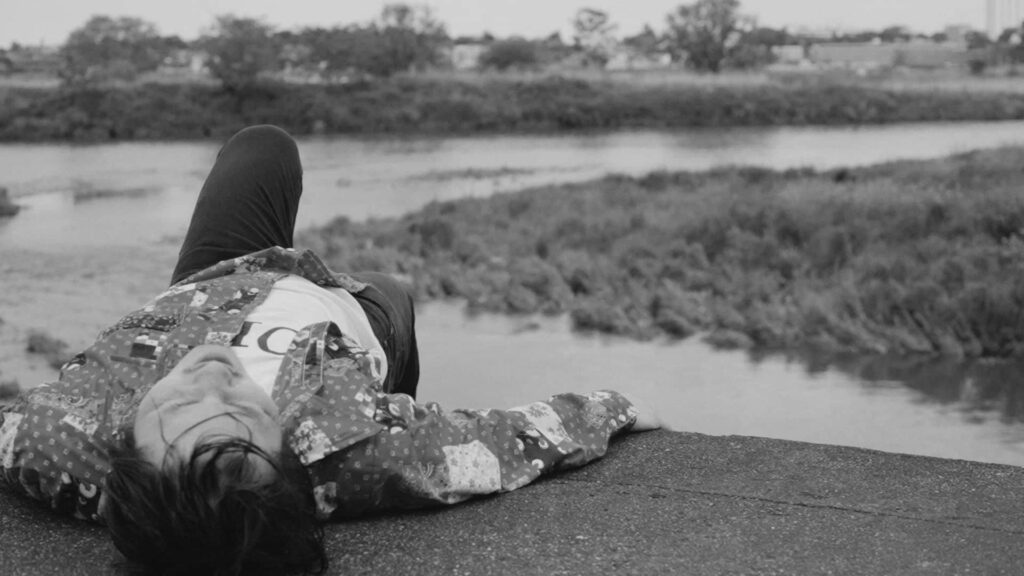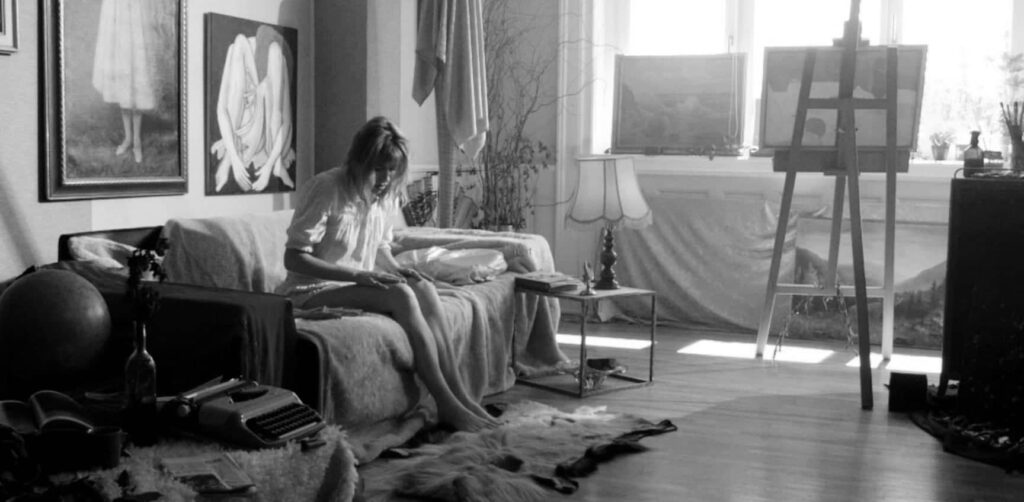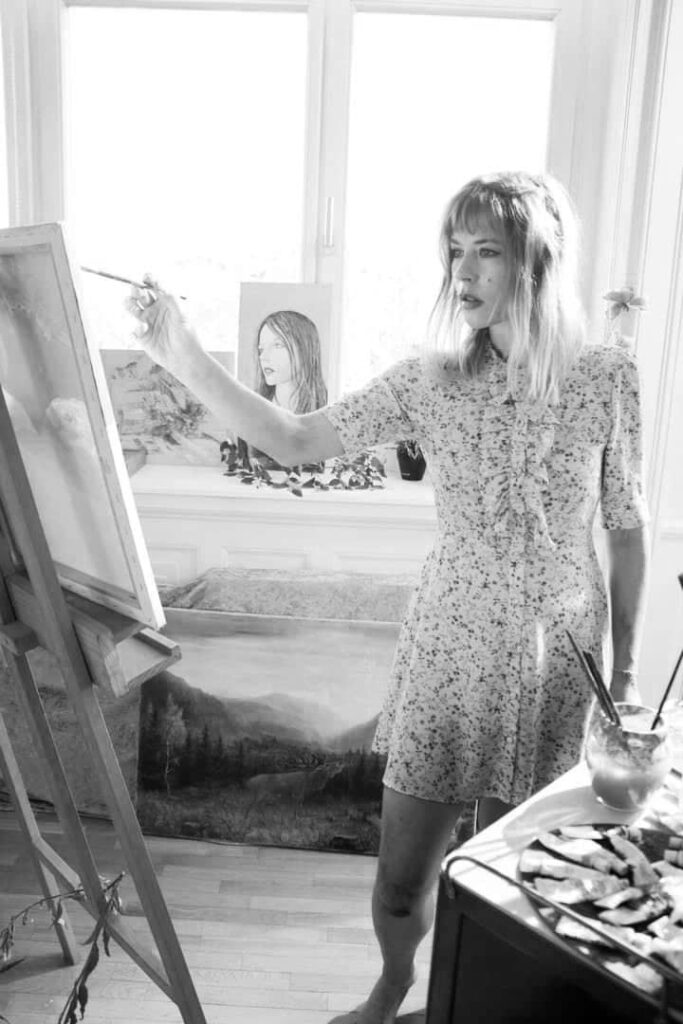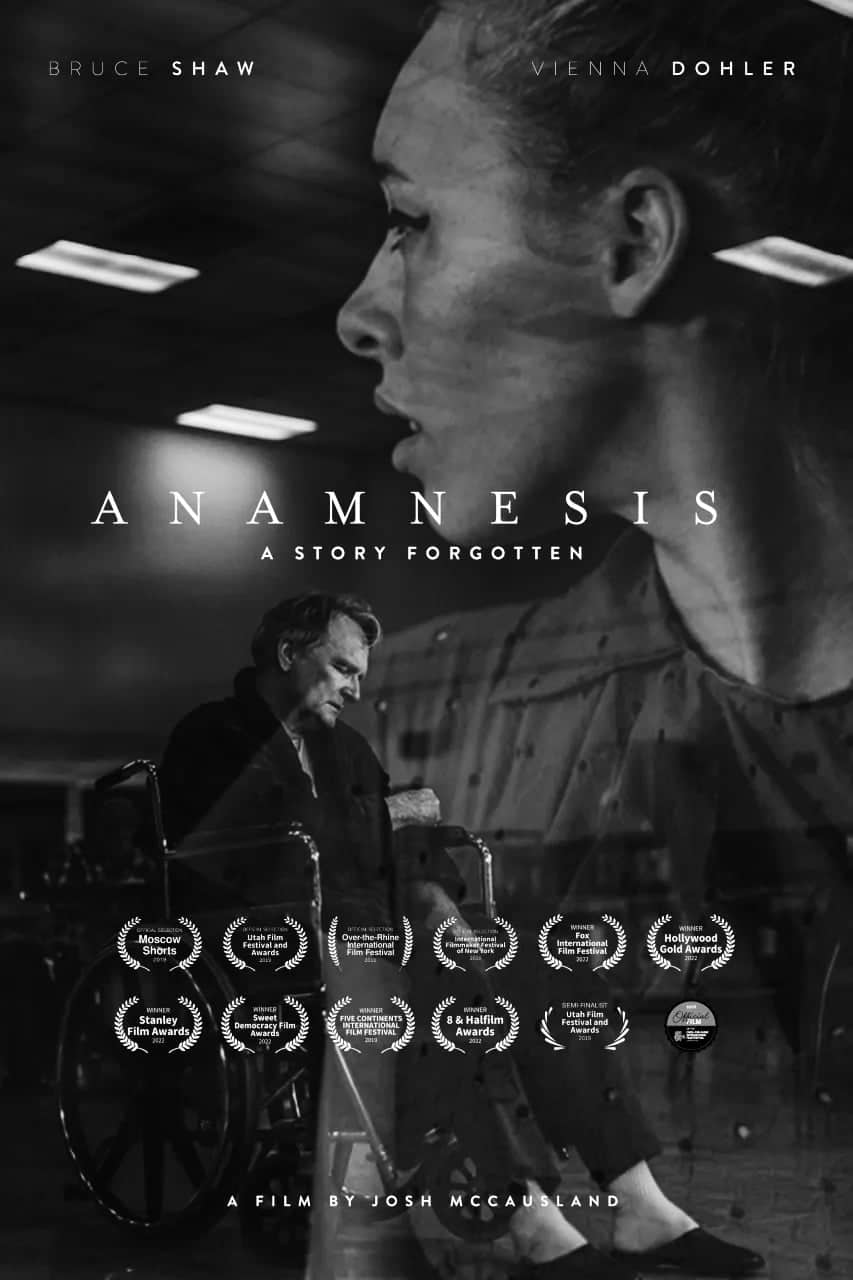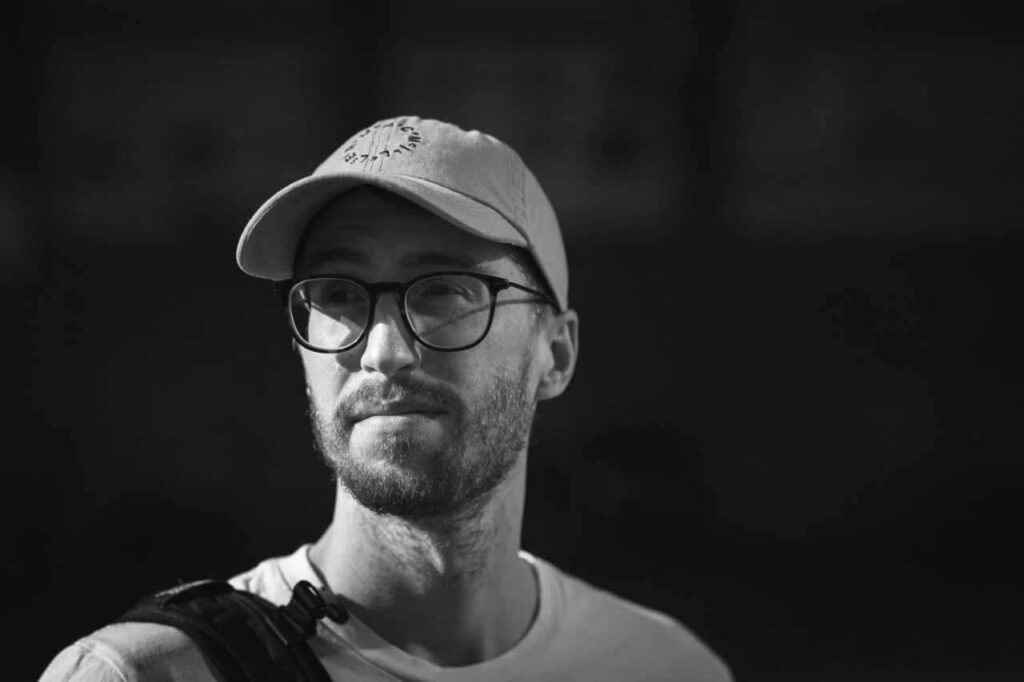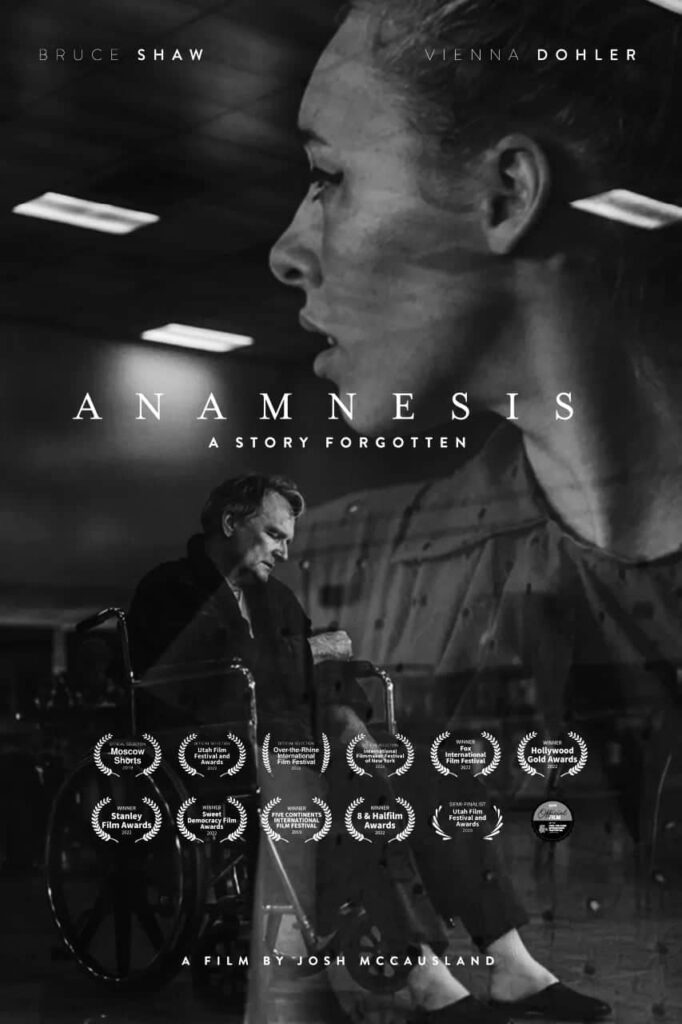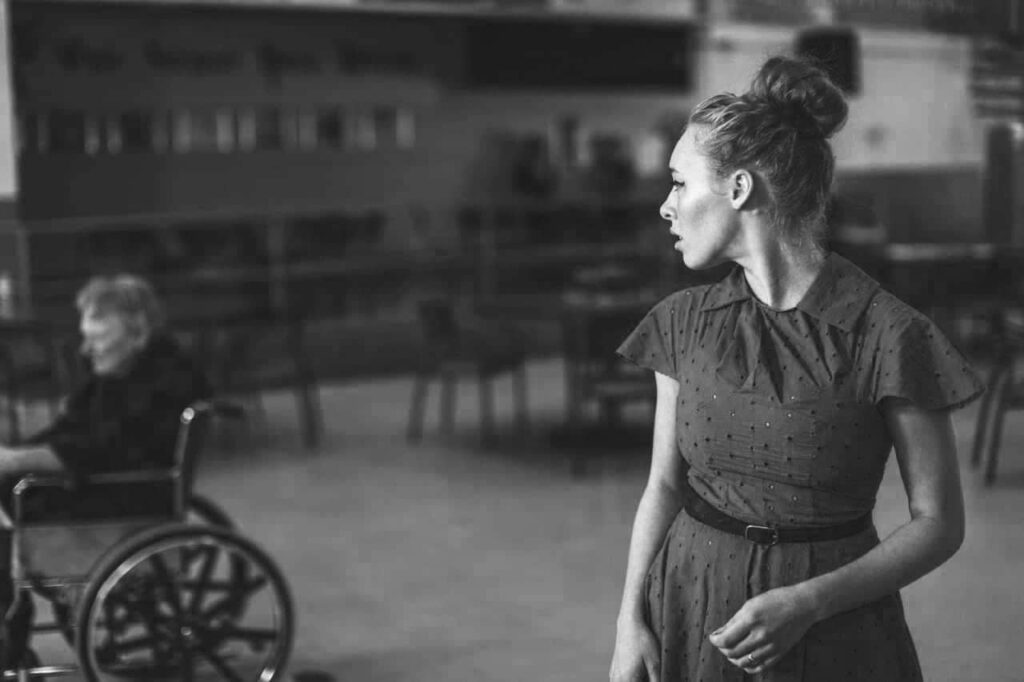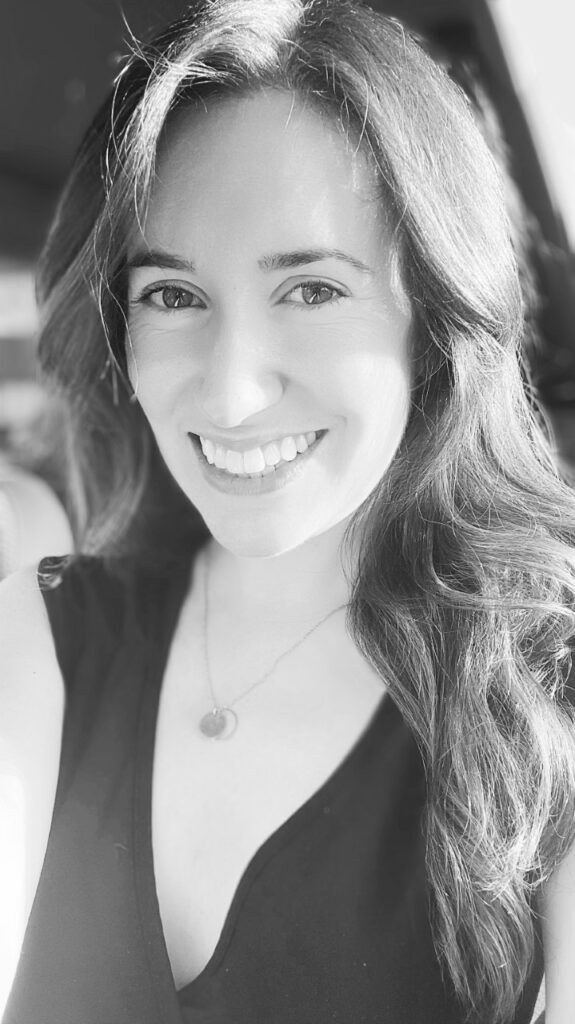
– Who is Merli V. Guerra?
Recently, a journalist wrote that “It would be an understatement to label Merli V. Guerra a Renaissance woman” (Anne Levin, “Town Topics”). I deeply appreciated this, as it’s true that there are many facets to my work as an artist and as a person. Professionally, I’m a choreographer, filmmaker, and interdisciplinary artist whose work encompasses the fields of dance, film, art, and design. I’m a professional dancer and choreographer with a background in ballet, modern, and classical Odissi Indian dance, and am Artistic Director of Luminarium Dance Company in Boston, MA. I’m also a filmmaker, a writer, an installation artist, and a graphic designer. My films often incorporate choreographic movement, frequently falling into the category of “screendance.”
Above all, I have a passion for historic sites. My artistic works and productions are regularly inspired by historic ruins, such as my most recent screendance film “Ao pó voltaremos,” which I created to honor a 16th century monastery ruin in Portugal before its upcoming conversion into a “charming rural hotel” for tourists. Where others see disintegration, I see beauty. Where others see something to tear down, I instead see a story that needs telling.
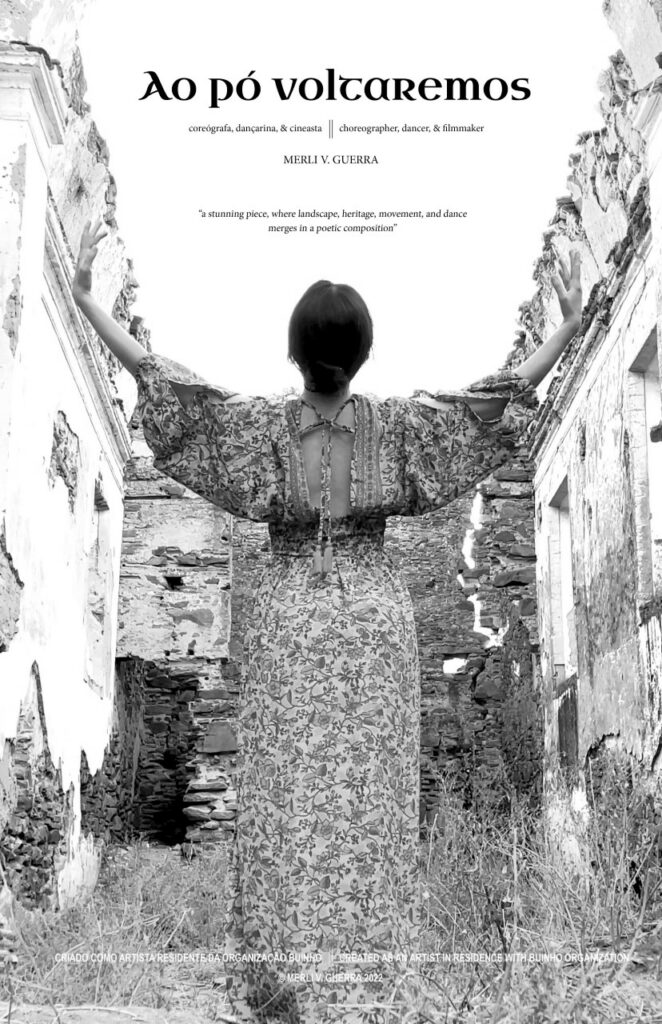
–What inspired you to become a filmmaker?
Filmmaking has always been a part of my life, even when I didn’t anticipate it becoming an aspect of my profession. I spent my gangly years of childhood shooting films with my much younger brother, with only the editing effects available to us manually on my dad’s Sony camera. Looking back, I appreciate the limitations we faced, as it forced us to think creatively to achieve our desired effects.
It wasn’t until college that I married together my love of filmmaking with my primary field of dance. Enrolled in a beginning film class, I was exposed to experimental filmmakers for the first time, and became interested in the possibilities of projected video across my own skin, using my body as a human canvas. It was through this course that I created my first screendance film, “Synchronic,” which was then awarded “Best Dance on Camera,” “Best of Mount Holyoke,” and “Best of Fest” at the 2009 Five College Film Festival in Amherst, MA. The positive reaction I received from that work is undoubtedly what fueled me to continue experimenting with screendance in the professional world. But I can guarantee you I couldn’t envision back then that I would one day be creating new films as a professional artist-in-residence in Portugal!
–Do you think the cinema can bring a change in the society?
Cinema absolutely has the power to bring about societal change, for better or for worse. Whether considering the cinematic propaganda techniques of World War II or the subtle product placements found in modern films, cinema is deeply influential for its viewers. At times, it reflects the society in which we live—our daily routines, our desires, our fears—at others, it introduces us to the society we aspire to achieve. Cinema has the potential to remind us what we’re capable of, to inspire us beyond the theater. I’m personally most appreciative of cinematic works that push me to think deeper, to reconsider social and cultural norms, and to reacquaint myself with aspects of my own being that I’ve come to take for granted.
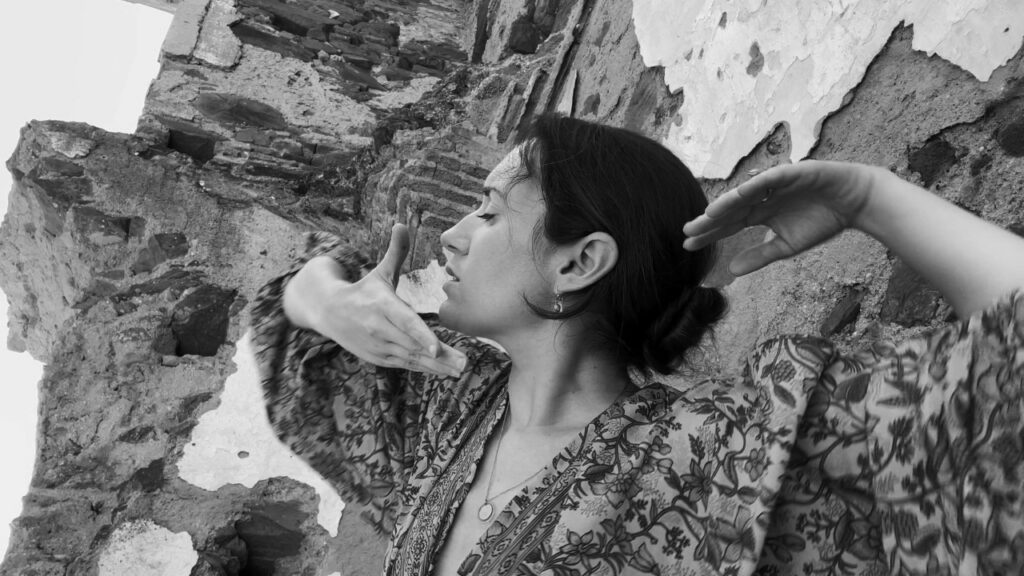
–What would you change in the world?
Ultimately, I want to see progress—genuine forward momentum as a society. I’m baffled by the backwards traction of my own country (USA) at present. Rights that I took for granted as a woman are now stripped away. Politicians pat each other on the back after passing gun reform laws that do little to lessen the country’s daily mass murders from automatic weapons. Our planet is both starved for rain and drowning, all at once. We seem to be devolving. If there was one thing I could change, it would be to take humanity’s car out of reverse and put it back into drive.
–Where do you see the film industry going in the next 100 years?
Speaking for the field of screendance, specifically, I envision continued experimentation between live performance and technology rapidly growing over the next century. Many of us, myself included, are now working with 360-degree videography as well as virtual and augmented reality (VR/AR) tools to create immersive screendance experiences that shift the traditional “audience” member or “viewer” into the role of active participant. Additional sensory work—such as integrating haptics and scent cards—further immerses participants inside these cinematic/choreographic experiences. I’ll be curious to see how these experiments continue to evolve and shape our interactions with both film and the performing arts moving forward.
